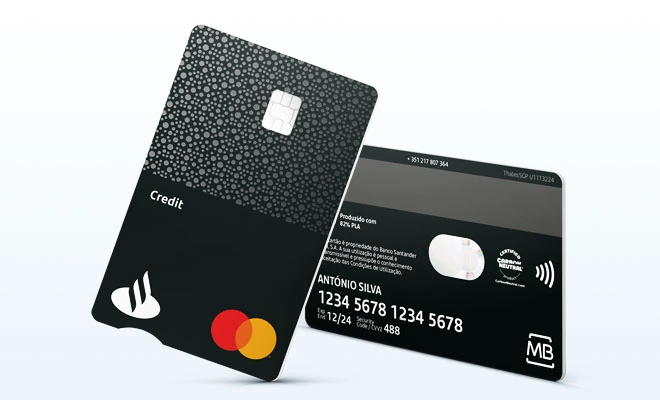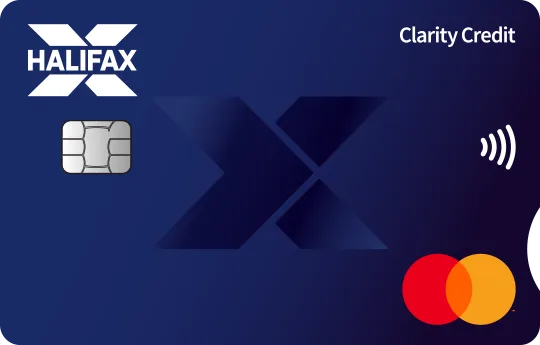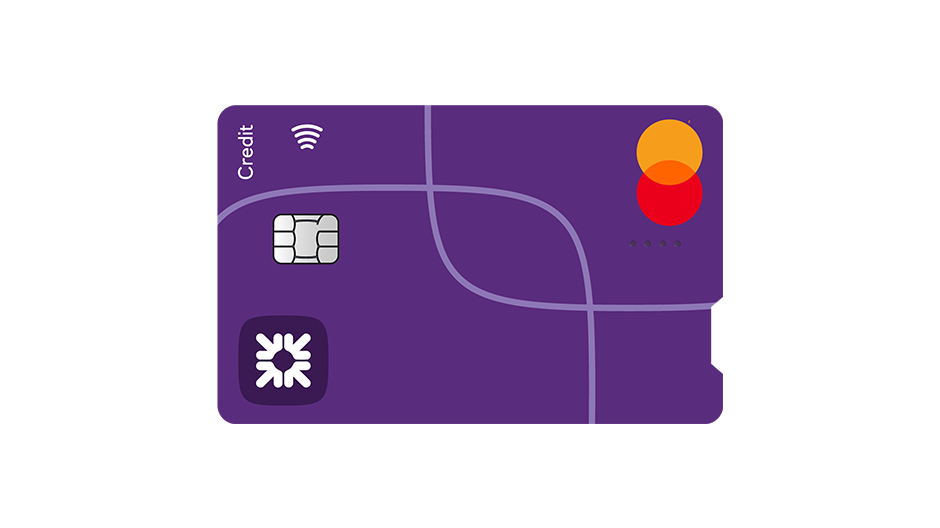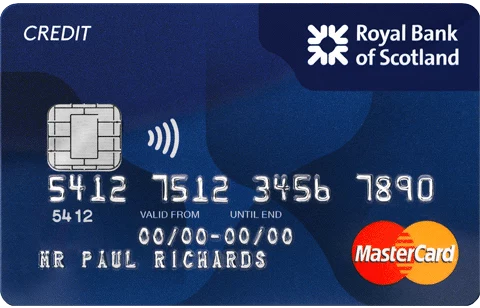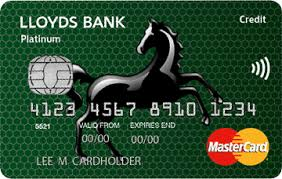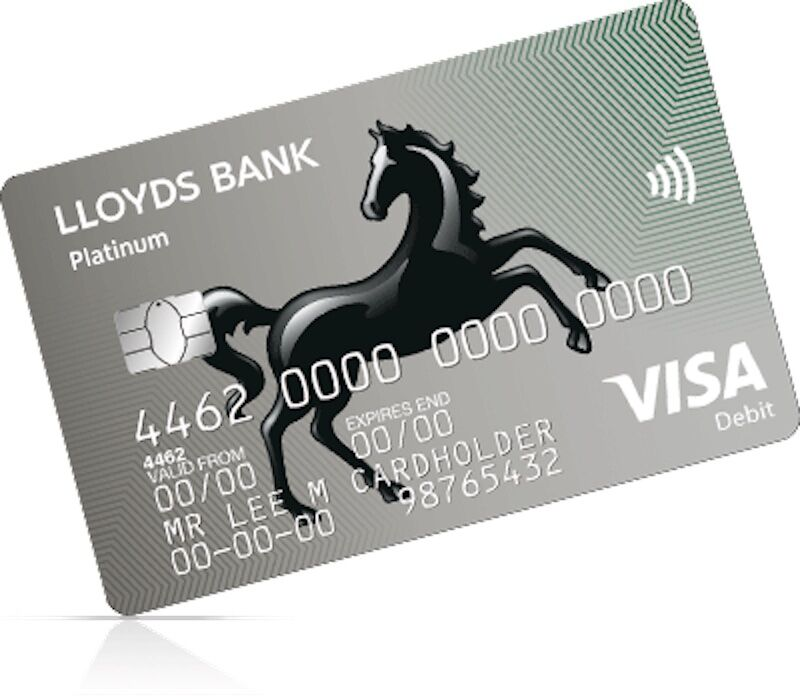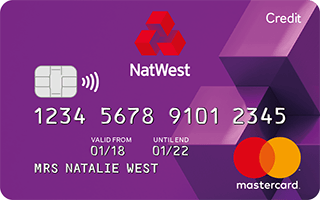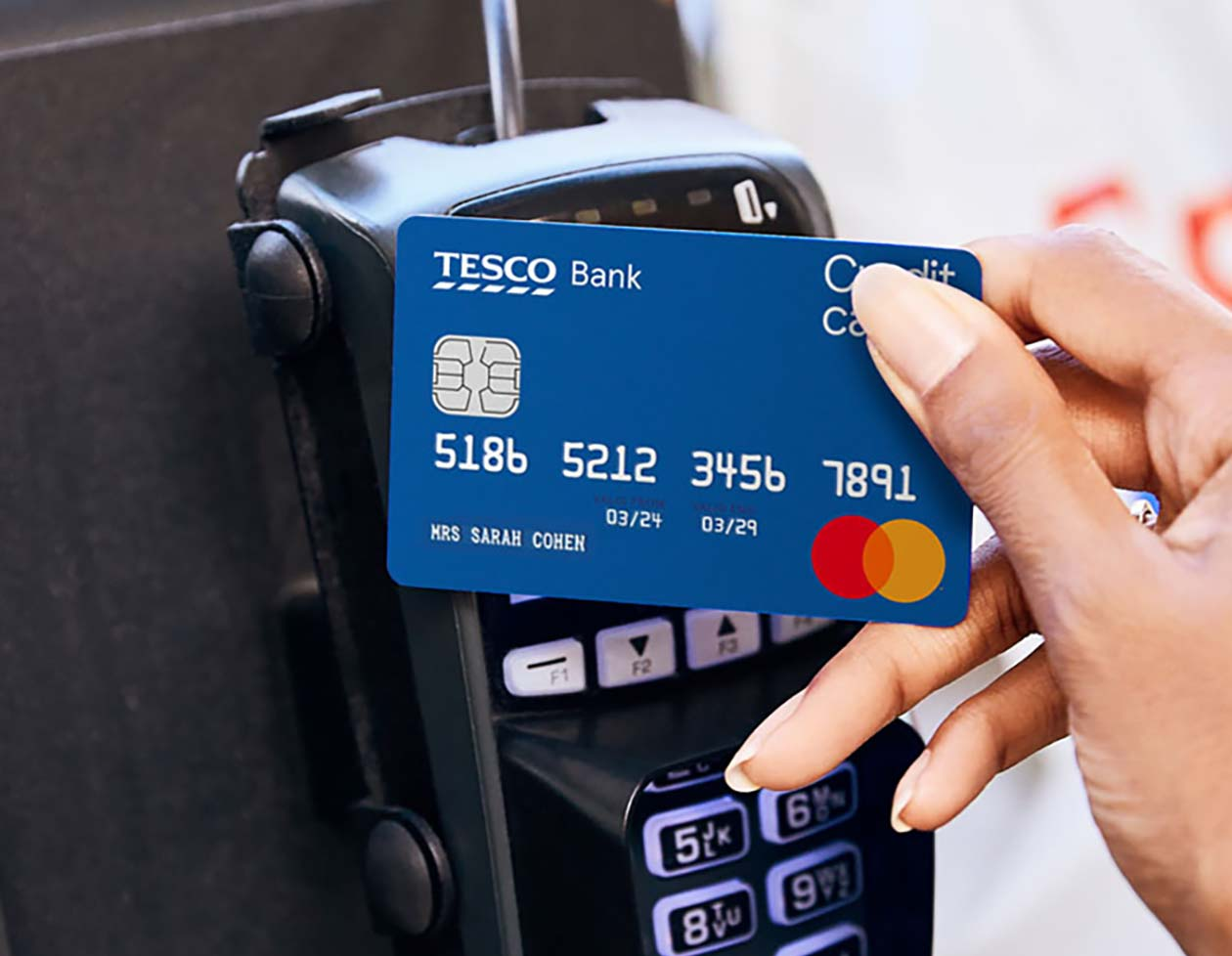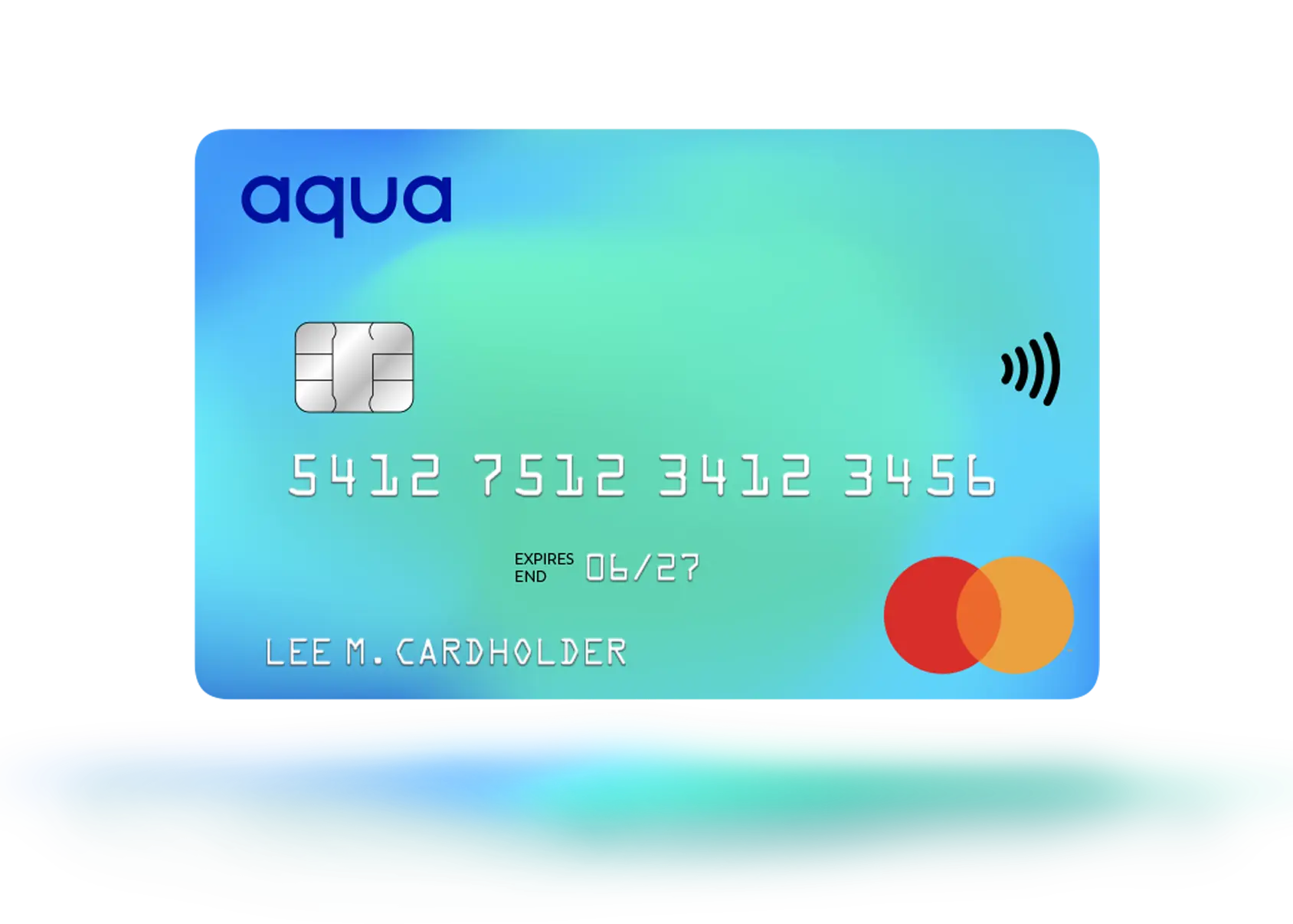Vanquis Bank Visa Card Explained: How to Build Credit Safely and Easily
credit card
If you are living in the UK and want to start building your credit history or even rebuild it after some financial difficulty, the Vanquis Credit Builder Credit Card could be a good alternative. You will remain on the same website. In this complete guide, we will show you why we recommend this card, what […]
Top Topics

